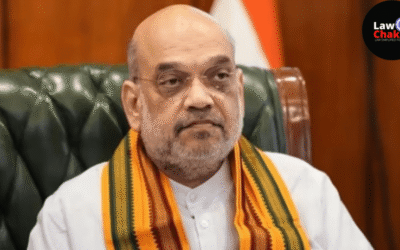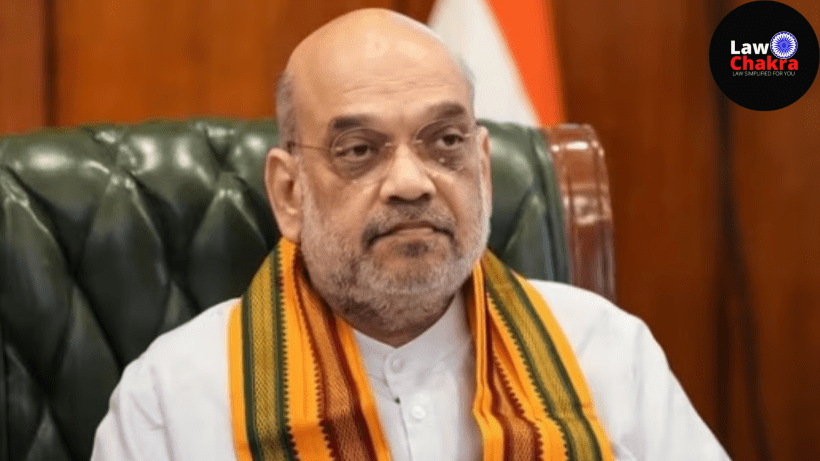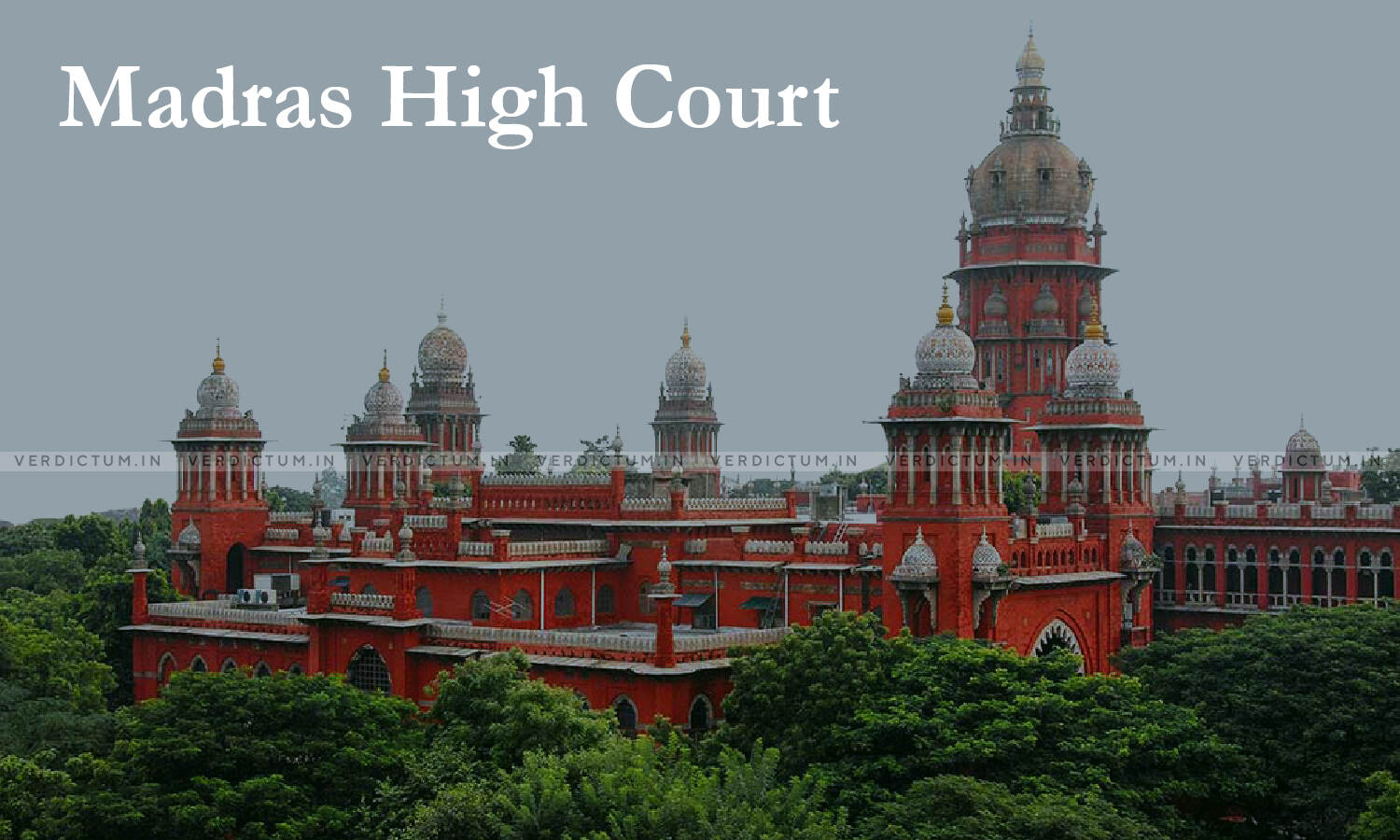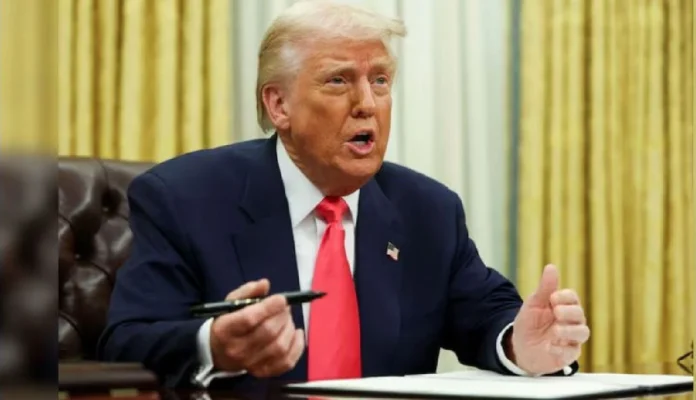Supreme Court Lauds Tamil Nadu For Using Preventive Detention Against Cyber Offenders
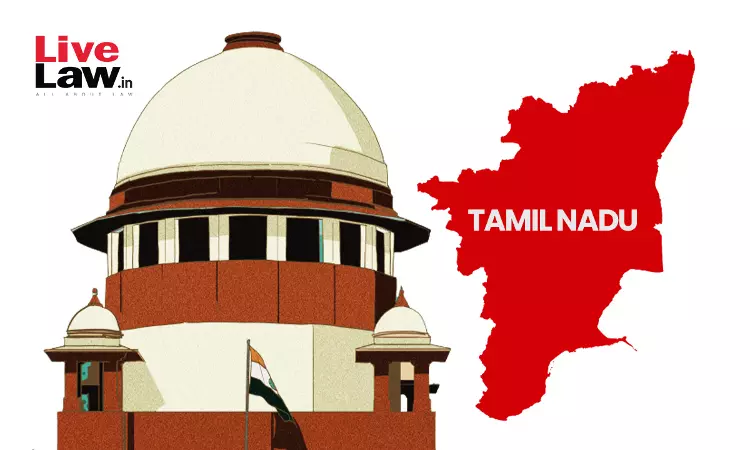

The Supreme Court on Monday appreciated the approach adopted by the State of Tamil Nadu in using preventive detention laws against cybercrime offenders.
Justice Sandeep Mehta, while a plea challenging a preventive detention order against a cyber fraud accused, observed –
“This is a good trend coming from the state that preventive detention laws are being used against cyber law offenders. It’s a very welcome approach. Normal criminal laws are not proving successful against these offenders.”
During the hearing, the State’s counsel submitted that a counter affidavit had been filed. The Court directed the Registry to bring the counter on record and upload the soft copy. The matter was listed for further hearing on Wednesday.
A bench on Justice Sandeep Mehta and Justice Joymalya Bagchi was hearing a plea filed by the father of the detenu, Abhijeet Singh, against a Madras High Court order that dismissed his habeas corpus petition challenging a preventive detention order passed under the Tamil Nadu Prevention of Dangerous Activities of Bootleggers, Drug Offenders, Goondas, Immoral Traffic Offenders and Slum Grabbers, Act, 1982.
The petitioner contended that the detention was illegal and violated Article 22(5) of the Constitution as well as procedural provisions of the Act.
The detenu, a native of Punjab residing in New Delhi, was arrested on July 25, 2024, in connection with a case registered in Cyber Crime Police Station in Theni District on a complaint by one Bhanumathi alleging a cyber fraud of Rs. 84,50,000. Out of this, Rs. 12,14,000 had allegedly been transferred into the detenu’s account operated under the name M/s Creative Craaft.
According to the police, the investigation revealed that Abhijeet Singh had created four companies in his and his family members’ names, and opened several bank accounts to siphon off the cheated funds.
Following this, a preventive detention order was issued against him on August 23, 2024, by the District Collector. The Advisory Board confirmed the detention on September 25, 2024. The government confirmed the detention for a period of 12 months by order dated November 9, 2024.
Before the Supreme Court, the petitioner’s counsel argued that the alleged act was a single incident and did not impact public order. He submitted that sufficient time was not provided for the detenu to make an effective representation, as the notice was served on September 23, 2024, for a hearing scheduled on September 25, 2024 in Chennai while the detenue resided in Madurai. Additionally, it was contended that the detenu had no prior criminal antecedents.
Justice Mehta asked if these issues were raised before the Advisory Board. The counsel replied in the affirmative and reiterated that the maximum 12-month detention had been ordered despite the absence of any past record.
Justice Mehta responded, “That is the discretion of the state. Period of detention cannot be decided by the court in writ jurisdiction. If there is no basis for detention then the order itself has to go, period cannot be curtailed on that. You come on Wednesday, we will see.”
Before the Madras High Court, the petitioner had challenged the detention order citing multiple grounds including delay in passing the detention order after arrest, improper language of documents served to the detenu, and insufficient time given for making representation. The High Court had dismissed the habeas corpus petition, holding that there was no procedural or constitutional violation.
The High Court found that sufficient materials were placed before the Advisory Board and that the detenu’s representations were duly considered. It upheld the detention order after finding that there was no illegality or procedural lapse that would vitiate the detention.
The Supreme Court will hear the matter next on Wednesday, April 25, 2025.

